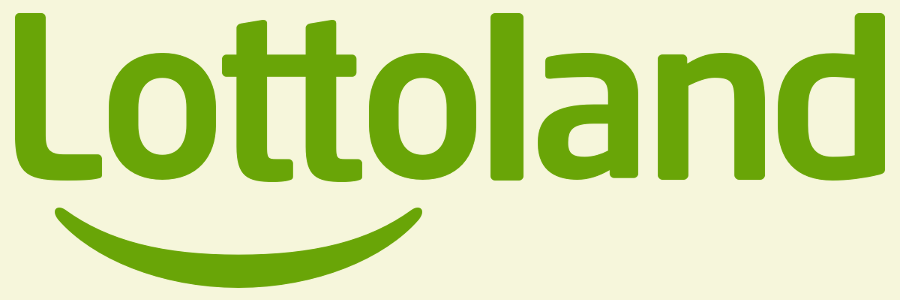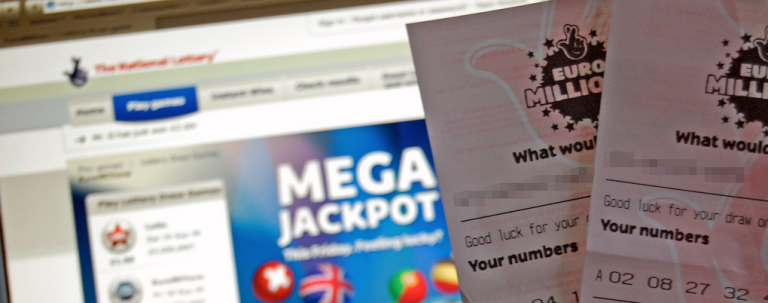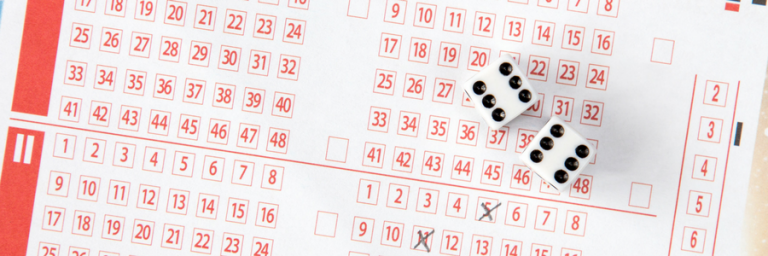Australia to Ban Betting on Local Lotteries
The Northern Territory government has agreed to implement a ban (note: paywall link) preventing Lottoland from taking bets on the outcomes of Australian lotteries. Although Lottoland will no longer be able to accept wagers on local drawings, the website will still be free to take wagers on international lotteries.
This decision was delivered after a campaign mounted by the Tatts Group and the Australian Lottery and Newsagent Association (ALNA). Both groups have a vested interest in seeing the prohibition implemented with Tatts being Australia’s official lottery operator and newsagents deriving significant income from selling lottery tickets.
Both groups pressed for the ban on the basis that Lottoland was undercutting the official lottery and threatening the livelihoods of small business owners. They also argued that Lottoland diverts money away from the real lottery and the good causes it supports.
Lottoland’s unique lottery betting product, which competitors call “synthetic lotteries,” does not sell tickets to official lotteries. Instead, it permits customers to bet on the outcomes of lotteries and promises to match each underlying lottery’s payouts. It’s just like playing the lottery, but no tickets are purchased and the site is licensed as a bookmaker.
In some cases, Lottoland offers substantially higher jackpot payouts than the actual lottery. It’s all made possible through Lottoland’s use of special insurance policies to cover the eventuality of a major jackpot win.
The site entered the Australian market in 2016 after receiving a license from the Northern Territory. Lottoland proved itself to be a disruptor almost immediately. Within a week of its Australian launch, the US Powerball jackpot soared to $1.3 billion and Lottoland saw an influx of 250,000 customers looking to take a shot at the record-breaking jackpot.
It didn’t take long for Tatts and local lottery retailers to turn to the government for assistance. Lottoland’s business model was threatening sales of official lottery tickets and looked to only be picking up steam on the back of an aggressive advertising push.
Just recently, Lottoland drove the knife even deeper with a Melbourne Cup promotion taking a shot directly at the lottery by guaranteeing a A$100 million jackpot betting on the Oz Lotto. The real insult? The actual Oz Lotto jackpot was at the time predicted to produce a A$5 million top prize.
No Surprise, But Still a Disappointing Outcome for Lottoland
The decision of the Northern Territory comes as little surprise. Back when the service launched in 2016, Lottoland Australia CEO Luke Brill said he expected pushback from the established players in the industry:
“The incumbents are not big fans of us and we understand that,” he said at the time. “But my view is the global lottery market is crying out for innovation. Half the population play the lotteries and in that sense, it is much bigger than sports betting – but it’s been a sleeping giant in lots of jurisdictions, including Australia.”
Other states have already moved to ban the Lottoland business model. As iGaming Business reported yesterday, South Australia already prohibits lottery betting while New South Wales, Tasmania and West Australia are also mulling over similar moves.
Even so, Lottoland fought the proposed ban. The company pushed back with its own proposal to newsagents: let registered Lottoland customers nominate a local newsagent to receive a 10% cut of all bets placed by Australian customers. In return, newsagents will put up promotional material for Lottoland in their stores.
Earlier this month, Mr. Brill said that “the shift to online betting is a reality. While companies like Tatts are busy using newsagents as pawns in a campaign to maintain their monopoly, we are proposing a model that puts cash back into small businesses.”
Established operators fired back, calling Lottoland a confusing business model that misleads customers into thinking they are playing the actual lottery. They also argued that the money spent betting on tickets at Lottoland is sent to unknown owners overseas, hurts local newsagents and deprives the community of money that could otherwise be put towards good causes at home.
There’s also the little issue of state tax revenue. For reference, New South Wales, Queensland and Victoria split roughly A$1 billion in lottery tax revenues in 2015 alone. Not surprisingly, state governments have decided to cast their lot with Tatts and the ALNA.
In a statement responding to the news, Luke Brill said this:
“Lottoland Australia is disappointed but we respect this decision. We offer value and choice through innovation to more than 650,000 Australians and, importantly, there are no restrictions on our international products, meaning our customers can continue to bet on the outcome of overseas lotteries.”
Despite the setback, Luke Brill says he is still keen on working with newsagents and local state governments for the betterment of all stakeholders:
“From day one, Lottoland has strived to grow the market through our international offering. Every bet placed on international lotteries is incremental revenue that state governments and newsagents can benefit from if they work with Lottoland.
“We are still committed to working with newsagents so they can expand their service offering through our platform and counter the negative impact Tatts’ digital business is having on their revenues. Our offer to state governments on paying a point of consumption tax also stands.”
While the news is definitely a setback for Lottoland, business will continue as normal with the exception that Australian customers will no longer be able to bet on Australian lotteries. Considering the powerful forces Lottoland came up against upon its entry into the Australian market, things could have gone much worse for the upstart website.



